ISME19 ROUNDTABLE SESSIONS
Roundtables provide a flexible meeting option and should be very different in topic and organization to the invited or contributed sessions. The format provides an excellent opportunity for active, in-depth discussion and interaction. The Roundtable Session should focus on a ‘hot topic’ at the forefront of microbial ecology or from a “cutting-edge” methodological point of view. The idea for the roundtable is to create a discussion by setting the stage for opposing or even controversial views.
The Roundtable Sessions will take place on Monday evening, 19 August 2024.
Guidelines for Roundtables
Roundtables should be no longer than 90 minutes. The proposers assemble a panel with strong views on the topic of the Roundtable, who are to present their opinion (around 10 minutes each; no slide presentations are allowed for the panel discussion). Preferably, these opinions are organized in a manner that shows that their views are clearly contrasted. After around 45 minutes, the Roundtable Session should be dedicated to discussion with the audience, with the conveners inviting additional view and discussions from the floor.
Proposers of the Roundtable Sessions should organize panel members and act as conveners to lead discussions. The convenors should provide an overview of the topic. There should be minimal overlap with other scheduled sessions of the ISME meeting.
Proposals
- Title: Provide the title of your Roundtable as it would appear in the ISME19 program
- Proposer(s): Provide the name(s) and full contact details (full mailing address, email address) of the Proposers. All Roundtable Proposers should be fully in communication, and all participate in the planning, execution, and post-meeting reporting.
- Description: Supply a brief description of the session (max. 250 words). This will also be considered as the Abstract for the session.
- Relevance: Give a statement of the relevance and complementarity of the Roundtable Session to the ISME19 scientific program. To avoid any overlap, please review the current program.
- The Roundtable: List the agreed upon Proposer and Panel Member, titles, timeline for the Roundtable, and suggested discussion points.
Notes:
- TO ENCOURAGE THE DISCUSSION, NO SLIDES WILL BE ALLOWED; THERE IS NO PROJECTOR AVAILABLE IN THE ROOM. Flipcharts will be provided if required.
- Proposers/Roundtable convenors must provide ISME with a one-page meeting summary of the Roundtable session, to be submitted within two weeks after the conference.
- The ISME19 Symposium has no funds to sponsor Roundtables - they must be self-financed. A room and AV will be provided for by the Organizing Committee.
- The Proposer(s) must provide evidence that all of the suggested Panel Members have agreed to participate in the Roundtable Session.
- Space in the program for Roundtables is limited so not all Proposals will be successful.
Proposals for Roundtable Sessions should be submitted to ISME19 Organizing Committee by email (events@isme-microbes.org).
The final deadline for submitting a roundtable session proposal is 2 February 2024.
